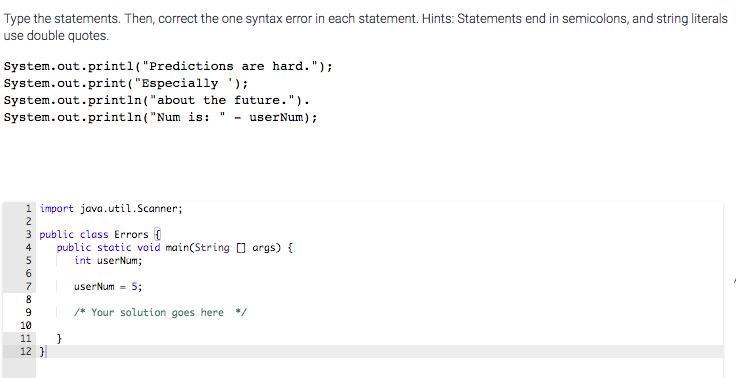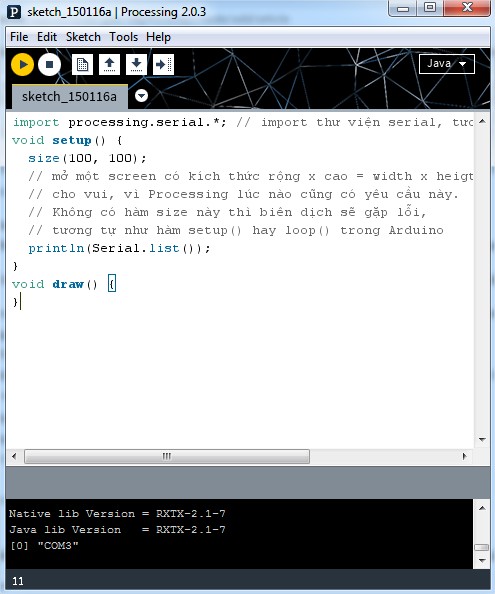
c_str() to convert it to a NUL-terminated char* which can be printed directly: Serial.println(str.


Size_t println(const _FlashStringHelper note: no known conversion for argument 1 from 'std::_cxx11::string' to 'const note: candidate: 'size_t Print::println(const String&)' In file included from note: candidate: 'size_t Print::println(const _FlashStringHelper*)' Src/main.cpp:122:22: error: no matching function for call to 'HardwareSerial::println(std::_cxx11::string&)' The error was that I was writing 17 bytes. You can’t directly print it – trying to do so leads to the following error messages: src/main.cpp: In function 'void setup()': Mifare cards have a limitation of 16 bytes x block and you cant write on protected blocks like 0, 3, 6 etc. 2 String stringOne String('a') // converting a constant char into a String. What am I doing wrong Update After correcting my original errors, I now have this issue: Serial. 1 String stringOne 'Hello String' // using a constant String. Arduino's docs on String seem to imply that these should work.
ARDUINO PRINTLN ERROR STRING HOW TO
This tutorial shows you how to initialize String objects. In Arduino, if you have a std::string: std::string str = "test" NOTE - Now you could use your arduino to power the sensor and the wifi module but a external source like a Breadboard Power Supply module will be better because the peak current demands of the wifi module in operation cannot be met by the board. You can append characters to Strings, combine Strings through concatenation, get the length of a String, search and replace substrings, and more.


 0 kommentar(er)
0 kommentar(er)
